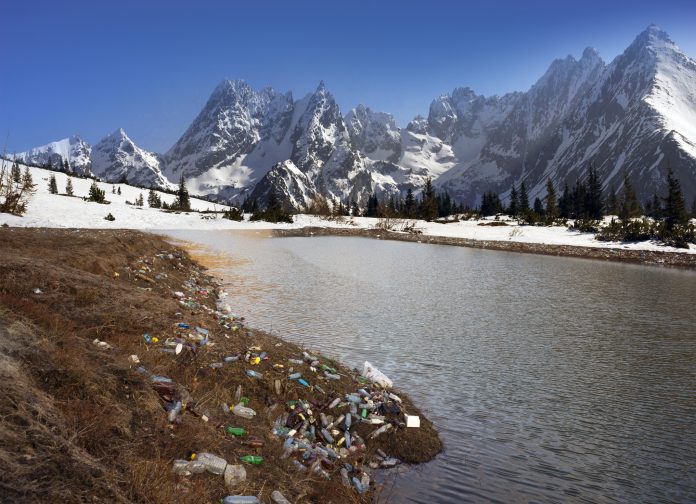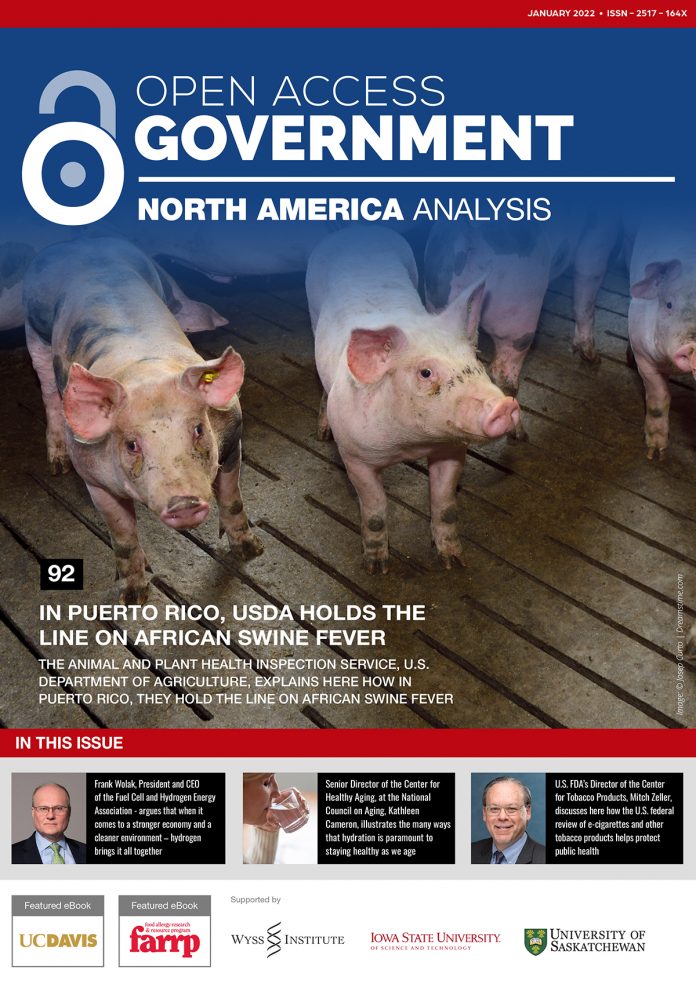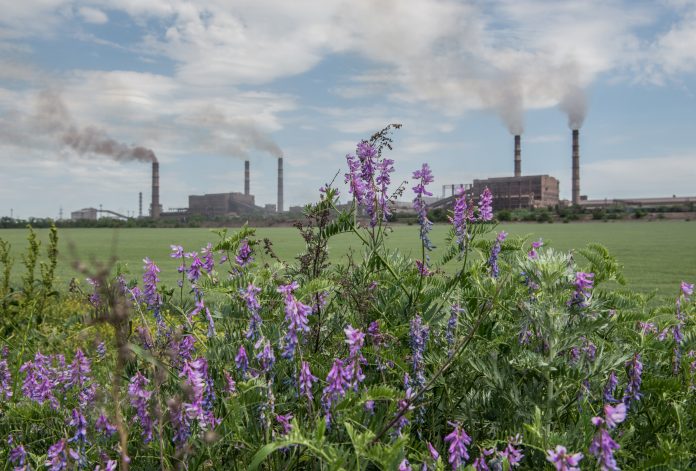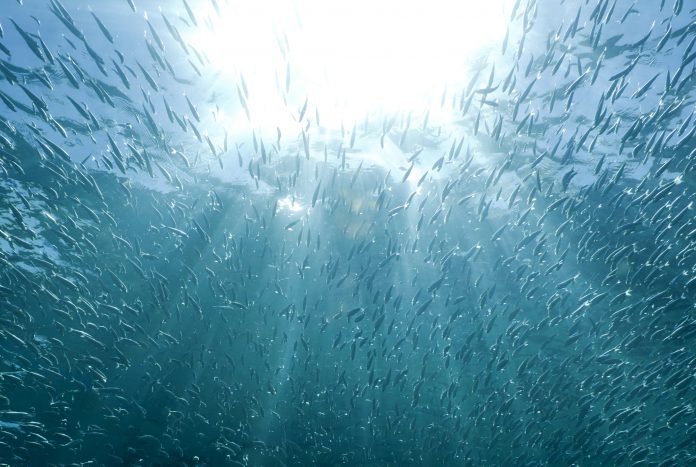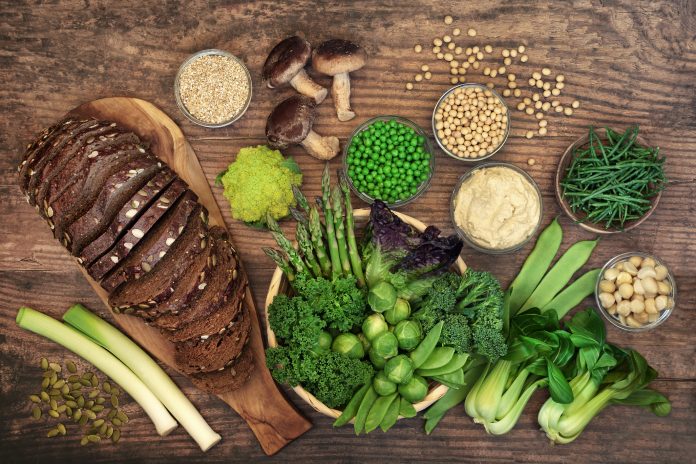Open Access Government produces compelling and informative news, publications, eBooks, and academic research articles for the public and private sector looking at health, diseases & conditions, workplace, research & innovation, digital transformation, government policy, environment, agriculture, energy, transport and more.
Home Search
food - search results
If you're not happy with the results, please do another search
What social risk factors affect obesity rates?
Risk factors such as living alone, poverty, low level of education and unemployment have all been linked to increased rates of obesity
Nanoplastics in snow: The extensive impact of plastic pollution
Plastic has been found everywhere, from plastic pollution in the oceans, to microplastics in food – researchers have now located nanoplastic particles in the snow.
Polyculture farming for marine aquaculture’s climate impact
Researchers looking at the climate impact of aquaculture find that food production can sustain a lower carbon footprint - with polyculture farming techniques.
The environmental competition to challenge coastal pollution
Geovation has launched a national challenge, to award £5000 to find a sustainable solution in tackling coastal pollution.
North America Analysis January 2022
We welcome 2022 with our January volume of North America Analysis - we hear from the Animal and Plant Health Inspection Service, U.S. Department of Agriculture, who explain how they hold the line on African swine fever in Puerto Rico.
LED-illuminated fishing nets cut 95% of bycatch, protecting threatened species
A new study highlights the benefits of LED illuminated fishing nets, which reduce the bycatch of sharks and skates while still sustaining catch rates of target species – as well as protecting others.
Poor housing creates respiratory health issues for Indigenous children
In First Nation communities in Canada, poor housing conditions lead to frequent rates of respiratory infections - especially in children under three.
Tiny “falloposcope” can detect early ovarian cancer
Scientists invented the ‘falloposcope’ to detect early-stage ovarian cancer - now, making history, a surgeon successfully used the device to capture images of fallopian tubes.
‘Artificial pancreas’ uses algorithm to protect body from diabetes
Scientists have created an 'artificial pancreas' that uses an algorithm to protect the body - especially ground-breaking for young children with type 1 diabetes.
Scientists find there are 70% fewer pollinators, due to air pollution
Air pollution significantly reduces pollination by confusing butterflies and bees, lessening their ability to sniff out crops and wildflowers.
Binge-watching TV increases likelihood of blood clots by 35%
Scientists suggest taking breaks when binge-watching TV to avoid blood clots - with four hour sessions increasing the likelihood by 35%.
Healthy cardiovascular habits taught young can lower heart disease risk
Teaching children about healthy habits can achieve lasting lifestyle changes, lowering cardiovascular disease risk through a multidisciplinary approach.
The hidden health problem of nocturia
Dr Deborah Lee, Dr Fox Online Pharmacy, explains the problem of nocturia and takes a look at what it actually means for your health.
Nearly one third of UK households will struggle with energy bills
With fuel prices in the UK set to rise on April 1, 2022, new economic projections find that nearly one third of households will struggle pay energy bills.
Research shows Helsinki is least stressful city in the world
According to data on light pollution, LGBT safety and living costs, Helsinki is the least stressful city in the world - with 0% of the population living in poverty.
Cutting beef from US diet could slash carbon footprints by 48%
Tulane University research finds that swapping just one serving per day for a more planet friendly alternative, North Americans could cut their carbon footprint by 48%.
Climate change affects the photosynthesis of carbon-storing mosses
Scientists find that peatland mosses are affected by temperature, so weather conditions could significantly reduce their ability to store carbon.
Ocean warming has caused fish to shrink in size
Researchers have found that ocean warming, acidification and oxygen depletion have caused a species shift, causing fish to have smaller body sizes.
How can hemp compounds block the COVID-19 virus infection?
Research demonstrates the ability to prevent COVID-19 from entering human cells through cannabinoid acids binding to a SARS-CoV-2 protein, blocking infection from the virus.
The healthy, cost-effective benefits of sustainable diets
Research highlights the advantages of vegan diets - being both the cheapest food option in high income countries and the healthiest.


